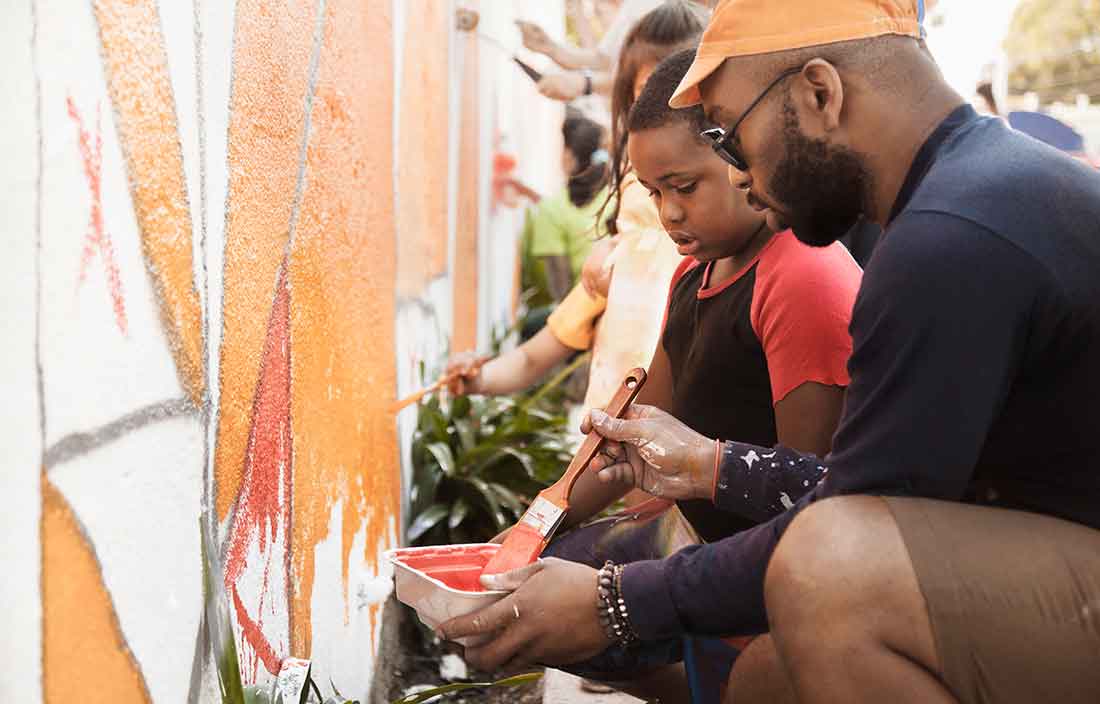It never ceases to amaze me how creative Plante Moraners can be. Check out this email that Marketing Director Kim Greenspan recently sent to her female colleagues:
I’ve noticed that women substitute “sorry” for any number of stronger and more appropriate words, thus running the risk of being perceived as the weaker gender — and we all know that’s certainly NOT the case.
So, I’m putting a “Sorry Jar” on my desk. And I’m putting $1 in it every time I say “I’m sorry” for all the wrong reasons. For example, saying “I’m sorry” as a way to interject my opinion during a phone conference instead of just saying “This is Kim. I think…..” Or saying “Sorry” when I really mean “Oops” or “Thanks for your patience,” or “I apologize for missing that deadline, and here’s what I’m going to do to make up for it.”
Join me if you like. I’m going to empty the jar out every month and buy a treat for all. Soon it should be empty, and we’ll be starving for sugar…but feeling so much more empowered.
When do you say “sorry” when you really mean something else?
Perhaps the best depiction of this “I’m sorry when I’m really not sorry” phenomenon is in last year’s Pantene commercial, which shows women apologizing unnecessarily in a number of situations and then demonstrates how those situations could otherwise transpire. It’s a great commercial and a before/after example of what could be Kim’s “Sorry Jar” in action.
But why are women always apologizing? I asked Sue Perlin, Plante Moran’s Partner-in-Charge of Women in Leadership, for her thoughts. She told me that research shows that, in girls, self-esteem peaks at age 9 and then takes a nosedive. Talk about an alarming statistic. She then said that women use “I’m sorry” as a transition, as a space filler, rather than just stating what they have to say like most men would. (The example in the Pantene commercial of the woman poking her head into a room and saying, “Sorry…do you have a minute?” is a good one. The flip side, of course, is simply to say, “Do you have a minute?”)
According to an article in Forbes, the commercial comments on how women feel “apologetic about sharing their ideas, or their space, or…everything, actually” and that this phenomenon has become so normal in our culture that most women don’t even realize when they’re doing it.
What about you? Is this something you’ve noticed? What do you think is the underlying cause beneath it? And isn’t a “Sorry Jar” a phenomenal idea.




